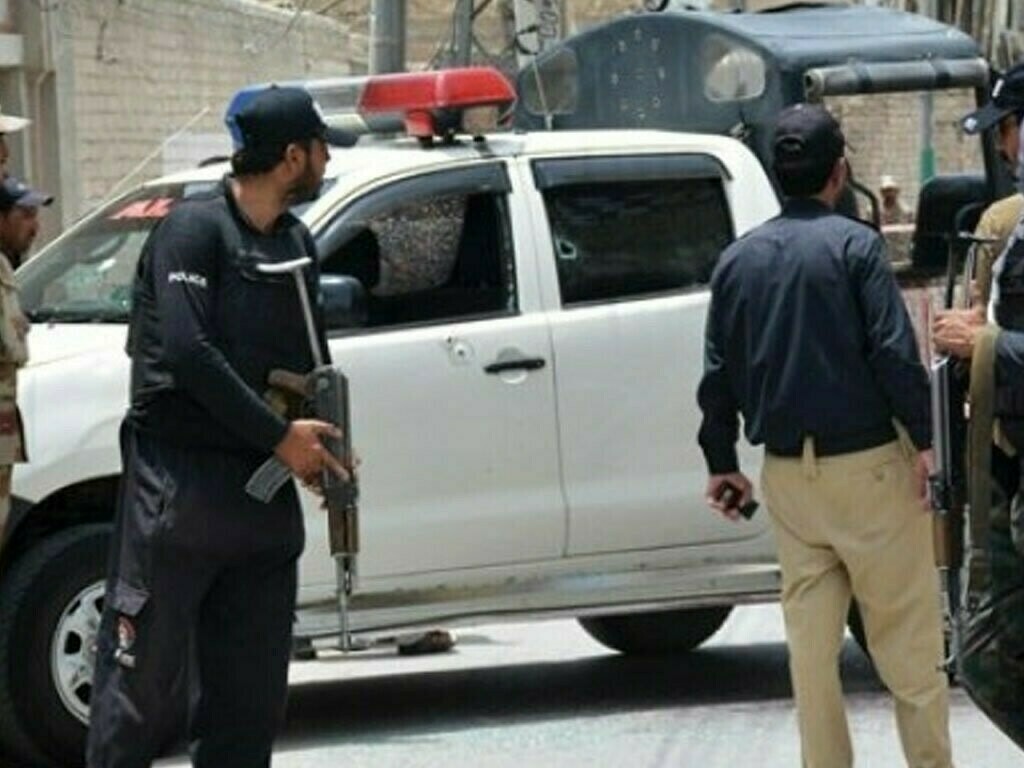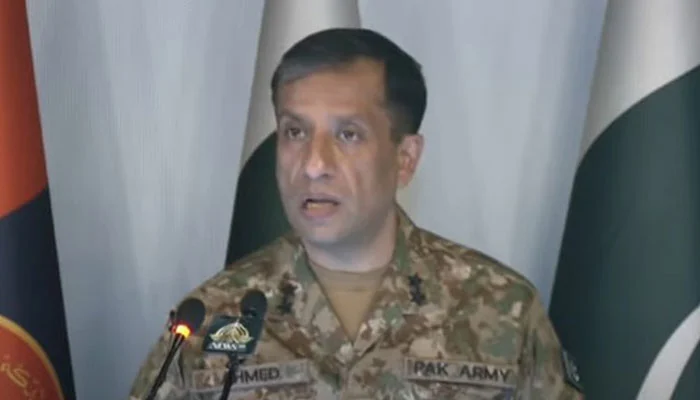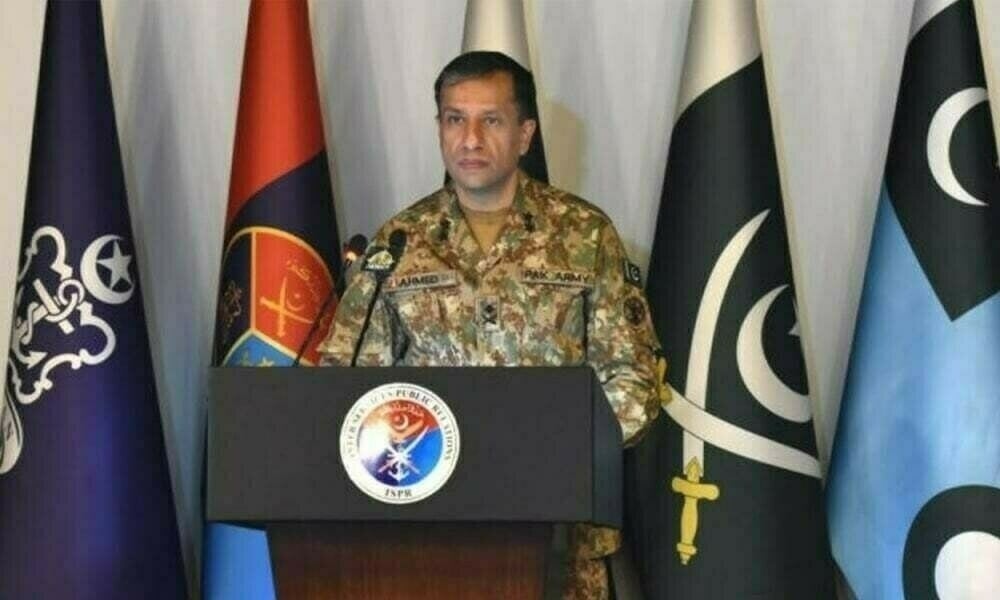PTBP Web Desk
A policeman was killed, and a polio worker sustained injuries during an attack on Monday in the Banda Dawood Shah area of Karak district, Khyber Pakhtunkhwa. The assault, carried out by unidentified assailants, targeted a team conducting an anti-polio vaccination drive, highlighting the persistent security challenges faced by healthcare workers and their protectors in the region.
According to law enforcement authorities, the incident occurred while the policeman was guarding the polio team. The unidentified attackers opened fire and fled the scene immediately after the attack. In response, an additional police force was dispatched to the area to intensify search operations and track down the assailants.
The injured polio worker received prompt medical attention, while the police have launched an investigation into the incident. Despite ongoing efforts to protect vaccination teams, such attacks continue to hinder progress in eradicating polio from Pakistan, one of the few remaining countries where the disease persists.
Earlier on Monday, another incident of violence against anti-polio workers occurred in the Bannu district, within the jurisdiction of the Saddar police station. A policeman, identified as Hayat Ullah, was injured while guarding a polio vaccination team. Authorities revealed that Hayat Ullah sustained bullet wounds during a shooting incident and was immediately rushed to a nearby hospital for treatment.
Initial investigations suggest that the attack might be motivated by personal enmity rather than an organized attempt to disrupt the vaccination campaign. However, law enforcement agencies are exploring all angles to determine the exact motive behind the assault.
The attacks have raised serious concerns about the safety of polio vaccination teams in Pakistan, where such incidents are not uncommon. Policemen assigned to these teams play a critical role in ensuring the security of healthcare workers who strive to deliver life-saving vaccines to children across remote and conflict-prone areas.
Over the years, anti-polio campaigns in Pakistan have been marred by violence due to misinformation and resistance from certain groups. These attacks not only jeopardize the lives of polio workers and their security personnel but also impede global efforts to eliminate the crippling disease.
Chief Minister of Khyber Pakhtunkhwa, Ali Amin Gandapur, has taken serious notice of the incidents in Karak and Bannu. He has directed senior officials to submit comprehensive reports on both occurrences. The chief minister also emphasized the need to strengthen security measures for vaccination teams to prevent such tragedies in the future.
Authorities are working to identify and apprehend the culprits behind these attacks. Meanwhile, local police have vowed to increase patrols and enhance security protocols for ongoing and future vaccination drives.
Pakistan remains one of the last two countries in the world, alongside Afghanistan, where polio remains endemic. Despite significant progress in reducing polio cases, violence against healthcare workers continues to be a major obstacle. Misinformation, distrust, and logistical challenges have further complicated eradication efforts.
The government, along with international organizations like UNICEF and the World Health Organization (WHO), has been running extensive awareness campaigns to dispel myths about polio vaccines and encourage community participation. However, recurring violence threatens to undo years of progress and puts the lives of frontline workers at risk.
The attacks in Karak and Bannu serve as a grim reminder of the dangers faced by those working to protect public health. The government must take immediate and decisive steps to address security lapses and ensure the safety of vaccination teams. This includes deploying additional security personnel, conducting intelligence-based operations to neutralize threats, and engaging with communities to build trust and cooperation.
Moreover, addressing the root causes of resistance to vaccination—such as misinformation and socio-political factors—can play a crucial role in preventing future attacks. Strengthening community engagement and involving local leaders in advocacy efforts can help create a safer environment for healthcare initiatives.




